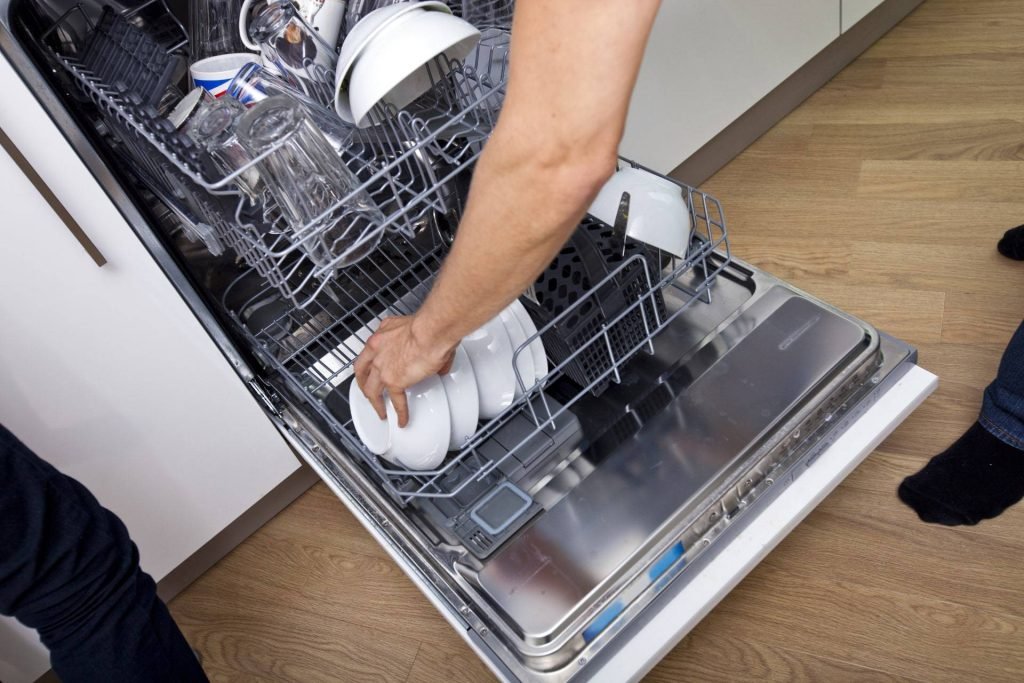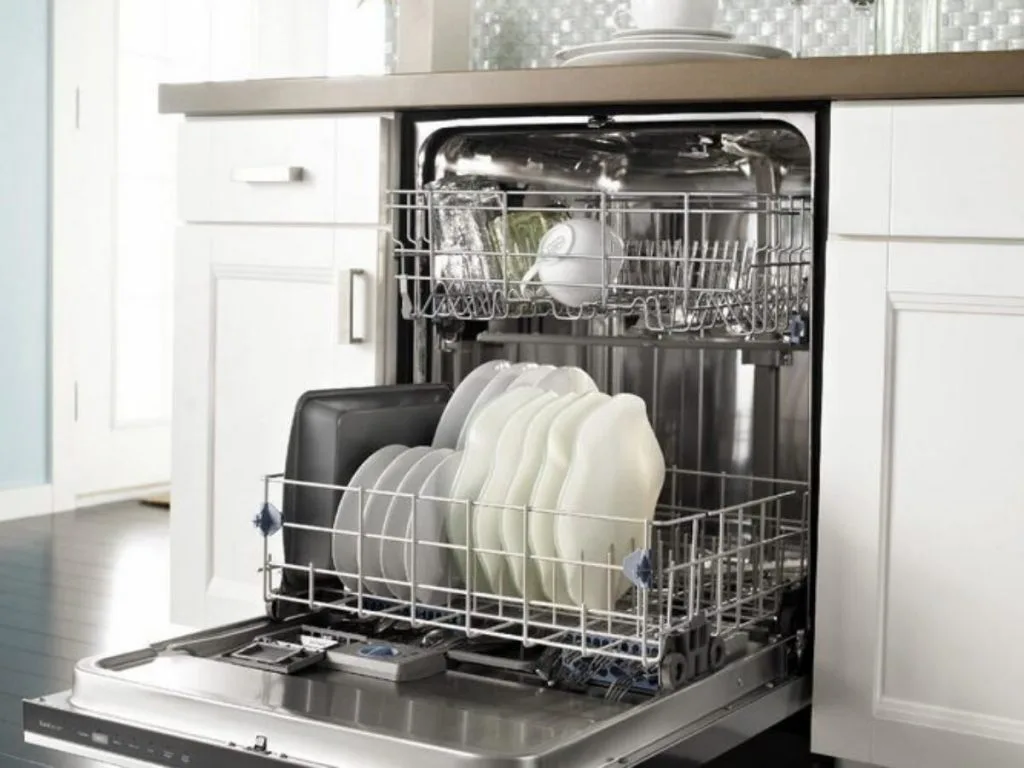Dishwashers have become indispensable in modern kitchens, saving time and effort by automating the task of cleaning dishes. However, like any mechanical appliance, dishwashers can develop issues over time, often signaled by unusual noises. While some sounds are normal operational noises, others serve as early warnings of mechanical problems that could lead to expensive repairs or even water damage if ignored.
In this article, we’ll dive into five dishwasher noises you should never ignore, explaining what they mean, their causes, and how to address them before they escalate.
Why Dishwasher Noises Matter
Understanding why your dishwasher makes certain noises is essential for timely troubleshooting. Dishwashers rely on a complex system of pumps, motors, spray arms, and valves to function correctly. When any component malfunctions, it often produces distinctive sounds.
Ignoring these warning noises can result in:
- Premature wear of mechanical parts
- Inefficient cleaning cycles
- Water leaks or flooding
- Increased energy or water consumption
- Higher repair costs
Recognizing and addressing these noises early can save you dishwasher repair headaches and money.

1. Loud Grinding or Scraping Noise
What It Sounds Like
A harsh grinding or scraping noise during the wash cycle is often loud and unpleasant — like metal rubbing against metal or something being dragged.
Common Causes
- Foreign objects trapped in the dishwasher pump or filter: Small bone fragments, glass shards, or utensil tips can slip past racks and become lodged in the pump impeller.
- Worn motor bearings: Over time, the motor bearings that help the pump spin can degrade, creating grinding sounds as metal components rub.
Why It’s a Problem
A blocked or damaged pump can reduce water circulation, leading to poor cleaning and eventually pump failure. Continuing to run the dishwasher in this state risks total motor burnout and costly replacements.
What to Do
- Turn off the dishwasher and unplug it.
- Remove the bottom rack and check the filter and sump area for debris.
- Carefully clear any foreign objects.
- If noise persists, it’s likely a motor or pump bearing issue — call a professional for inspection and repair.
2. High-Pitched Whining or Squealing
What It Sounds Like
A continuous, high-pitched whine or squeal during draining or wash cycles.
Common Causes
- Worn-out pump bearings: The circulation pump or drain pump bearings can wear, causing a whine.
- Loose or slipping belts: Some dishwasher models use belts; if they’re loose, they squeal.
- Obstructions in the pump: Debris caught in the pump impeller can cause a high-pitched noise.
Potential Consequences
A faulty pump can cause poor drainage or circulation, risking leaks and water damage.
How to Fix It
- Check for blockages in the drain hose and pump.
- Tighten or replace belts if your model uses them.
- If the pump bearings are worn, a replacement is usually necessary.
3. Banging or Thumping Sounds
What It Sounds Like
Loud knocking or thumping noises, especially noticeable during spray arm rotation.
Why It Happens
- Improper loading: Spray arms may strike dishes or utensil holders if loaded incorrectly.
- Loose or broken spray arms: Worn or broken spray arms can wobble and hit the dishwasher walls or racks.
Risks
If spray arms are impeded, water spray patterns become inconsistent, leading to poorly cleaned dishes. Continued banging can break spray arms or cause rattling damage to the appliance.
How to Prevent
- Load dishes so that spray arms rotate freely.
- Regularly inspect spray arms for damage or looseness.
- Replace broken spray arms promptly.
4. Clicking or Ticking During Cycle
What It Sounds Like
Repeated clicking or ticking sounds throughout the dishwasher’s wash cycle.
Normal or Not?
- Normal: Water inlet valves cycling on and off or motor relays activating can produce ticking sounds.
- Problematic: If clicking is loud, irregular, or accompanied by error codes, it may signal a malfunctioning water inlet valve, solenoid, or relay.
What It Could Indicate
- Water supply issues (valve failing to open/close properly).
- Electrical problems with relays or control boards.
What To Do
- Observe if the noise correlates with filling or draining.
- Check water supply connections.
- If unsure, consult a technician for electrical diagnostics.
5. Rumbling or Humming Noise That Won’t Stop
What It Sounds Like
A low rumble or persistent humming even after the wash cycle has completed.
Causes
- Blocked or clogged drain hose: Water trapped in the drain hose causes the pump to strain.
- Malfunctioning circulation pump: A pump stuck running or struggling to move water can hum continuously.
Risks of Ignoring
Continued pump strain risks overheating and burnout, and water backup can cause flooding or leaks.
How to Fix
- Inspect and clear the drain hose.
- Check and clean the dishwasher filter regularly.
- If humming persists, have the circulation pump examined or replaced by a professional.
Diagnosing Dishwasher Noises: Pro Tips
- Timing matters: Note when the noise occurs — during filling, washing, draining, or drying.
- Frequency: Is the noise continuous or intermittent?
- Location: Try to localize the sound to the pump area, spray arms, or water inlet.
Use these clues to better communicate with repair technicians or troubleshoot DIY.

Preventing Dishwasher Noise Issues
- Regular maintenance: Clean filters monthly, inspect spray arms, and check hoses for clogs.
- Proper loading: Avoid overloading and ensure spray arms can rotate freely.
- Use recommended detergents: Avoid harsh detergents that can corrode parts.
- Routine inspections: Periodically check for loose components or unusual wear.
Conclusion
Dishwasher noises are more than just annoying sounds — they’re your appliance’s way of signaling distress. Addressing unusual grinding, whining, banging, clicking, or humming noises promptly can prevent costly damage and keep your dishwasher running efficiently for years.
Make it a habit to listen carefully during cycles and perform regular appliances maintenance. When in doubt, don’t hesitate to call a professional technician to diagnose and repair the issue before it worsens.
Your dishwasher deserves attention — and so does your peace of mind.
